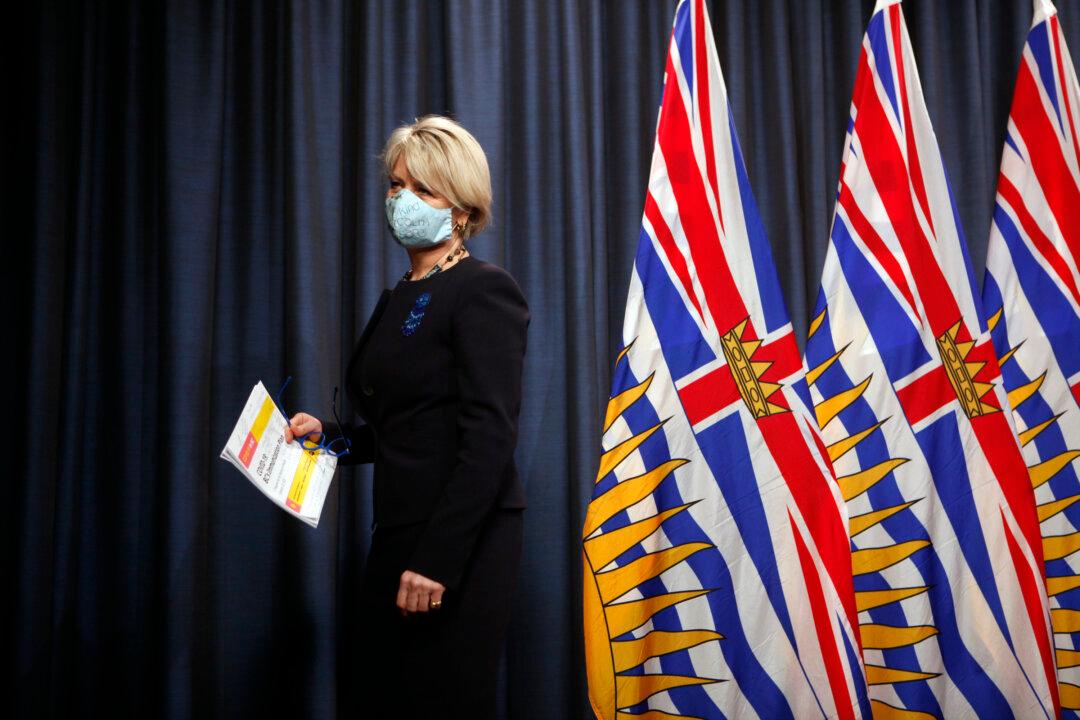The B.C. Supreme Court has dismissed the provincial government’s application for an injunction against three Fraser Valley churches that broke COVID-19 rules prohibiting in-person services.
The Riverside Calvary Chapel in Langley, the Immanuel Covenant Reformed Church in Abbotsford, and the Free Reformed Church of Chilliwack were among a dozen individuals and churches that filed a petition last month, arguing the COVID-19 restrictions have violated parishioners’ rights and freedoms.





